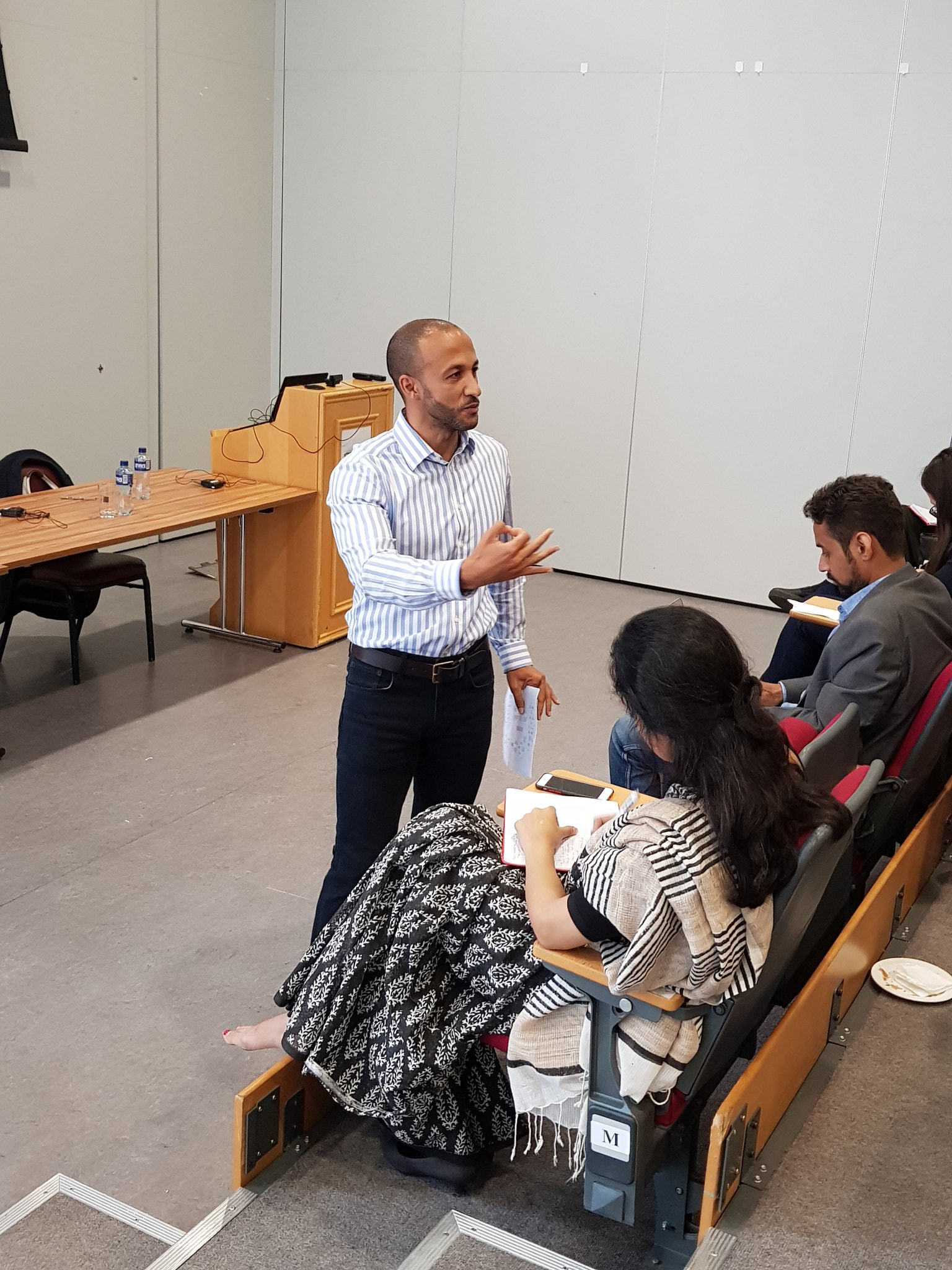
An Enquiring Mind-Set? My Approach to Legal Pedagogy
[I recently applied for a Senior Fellowship with the Higher Education Authority. Below is an articulation of the ideas that inform my approach toward pedagogy.]
I see learning as a two-fold pursuit. At one level, we are captivated with the what: theory, skill, ideology, or some other corpus that can be described and acquired. At another is the why. Why is more complex. Tertiary education is driven by many aims. Much can be said about an engaged populace and the social evolution precipitated by a pool of informed minds; lecturers and students toiling together towards an amorphous but forever utopian common betterment. At the personal level, however, I have observed something more raw and poignant: a yearning for self-actualisation and personal growth.
I understand why some colleagues—and students—might contest this claim. They look to the massification of universities, with emphasis on the stadiums we mislabel as lecture theatres and the inevitable deterioration of lecturer-student ratios. In these conditions, claims of personal growth drown in a sea of powerpoint slides and teenage texting. While the charge is undeniable, in my experience, equally incontestable is the sincerity with which (most) students and academics approach teaching and learning. Each question and query posed, every script and essay submitted and marked conveys earnestness. Indeed, no matter how pedestrian, perplexed, or presumptuous we appear, I remind myself that students and lecturers are still present: thinking, trying, teaching, and learning.
Upon reflection, my approach to teaching is largely inspired by Harry Kroto’s enquiring mind-set. I presume that, like myself, students study and lecturers teach law in a spirit of curiosity. We have questions about society and seek answers in law. Our curiosity is supplemented by observation, doubt, and exploration, all of which combine to drive our understanding of the world to new heights. Just as enquiry is a means to understanding, understanding is a pathway to progress. Greater understanding begets new possibilities, both for the individual and the collective. It is here that self-interest collides with solidarity: personal edification as a precursor to social progress. Deeper knowledge about the world enables us to distinguish between the society we have and the society we want and to reflect on creative ways of moving from the former to the latter.
For my part, I translate this mindset into lectures that provide students with opportunity to acquire greater awareness about the relationship between their education, who they are, and who they wish to become. I achieve this by structuring learning around experience, facilitating a back-and-forth between foreign material and familiar happenings, an exchange that seeks to deepen both appreciation for and understanding of the unknown. As a result, the topic acquires a semblance of reality, personal relevance even, compelling reflection at a level beyond the superficial. There is another benefit to this method: while students invariably display distinct learning styles, the act of drawing comparisons with known experiences allows us to build upon rather than stumble over these differences. In practice, this translates into reflection and articulation of the what, the why, and the how of their learning: What do they hope to learn? Why is this important to them? How will it change them? These questions implicitly stimulate meta-cognitive engagement, primarily by encouraging students to reflect on ways of integrating their lessons into their lives.
In concrete terms, I adopt a contextual approach to pedagogy, exposing students to law’s many overlapping points with other disciplines, frameworks, and theories. There is no contradiction between teaching law in context and ensuring that students acquire robust legal skills; in fact, I argue the opposite since a contextual approach ensures that students learn of law’s colourful nuances including its plural character as social science, regulatory instrument, and ethical code. Equally important to my pedagogical approach is the balance I strike between substance and skill, a strategy that stimulates students’ cognitive agility by engaging them in research, writing, debating, mooting, and problem-solving activities. Ultimately, my contextual approach rests upon three trinities:
1) Text, subtext, and context
2) Nature, logic, and language
3) Lecturing, problem-solving, and inter-teaching
First, I build my lessons around a sociolegal frame providing students with grounding in text (law), subtext (purpose), and context (circumstance). A layered method enhances student awareness of the many factors that envelop law-making, inferring interdependence between rationale, culture, and epoch. For example, I frequently draw student attention away from judgments and towards policy (legislation) and people (publics), highlighting the importance of the identity of the lawmakers and their proximity to law-receivers when investigating the law. Next, I compel students to grapple with law’s ontology. Our examinations traverse the nature of rights-duties, the logic underpinning them, and the language in which they are articulated. We test our understanding by imagining alternatives and measuring these against the desired outcomes. ‘What is’ is flanked by ‘what is not’ and ‘what could be’. Finally, I deploy three teaching methods to realise the two initial trinities. While I value my expertise, I recognise the contribution that students can make to their learning and to that of their peers. Lecturing is thus complemented by group problem-solving exercises, activities that create opportunity for much inter-teaching. The flipped classroom was, in fact, one of my favoured modalities for several years and I have offered advanced undergraduate and postgraduate modules in this manner. By nurturing collaboration, my hope is that students become proactive in their learning, an attitude that may impact upon their lives beyond university.




